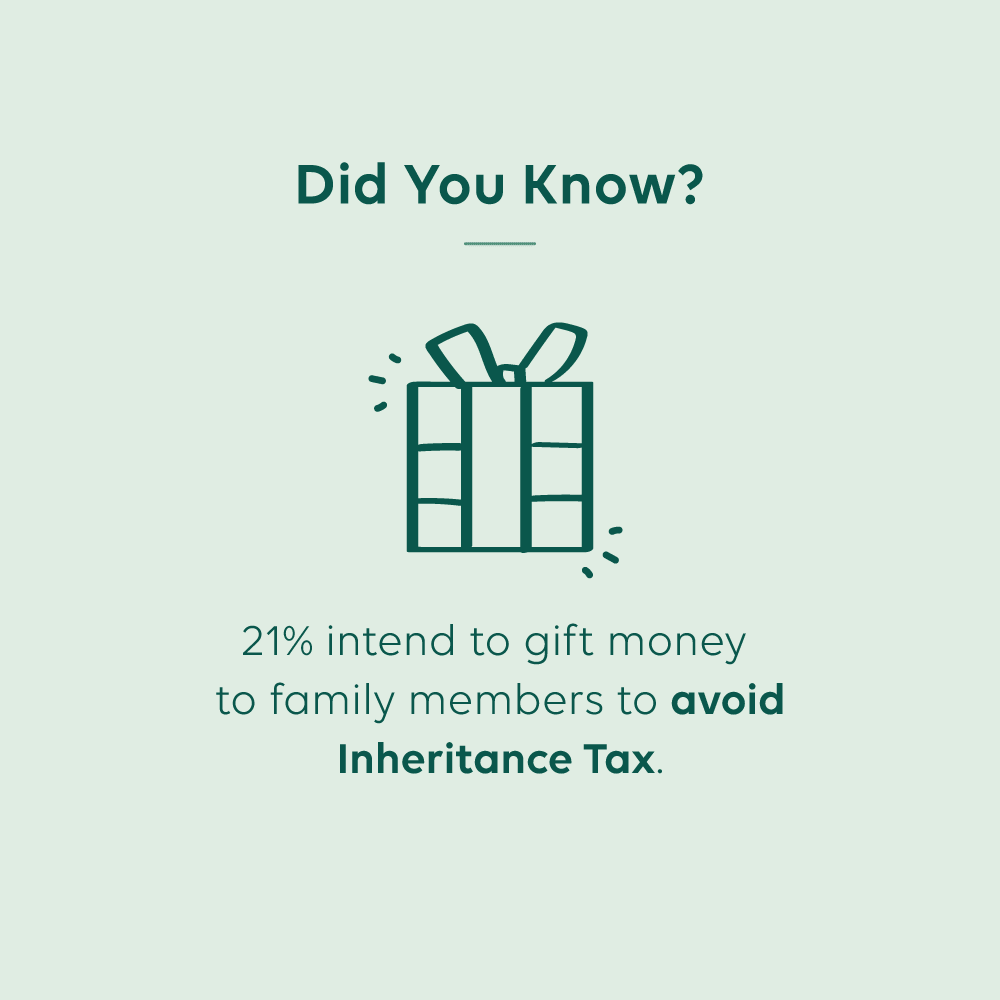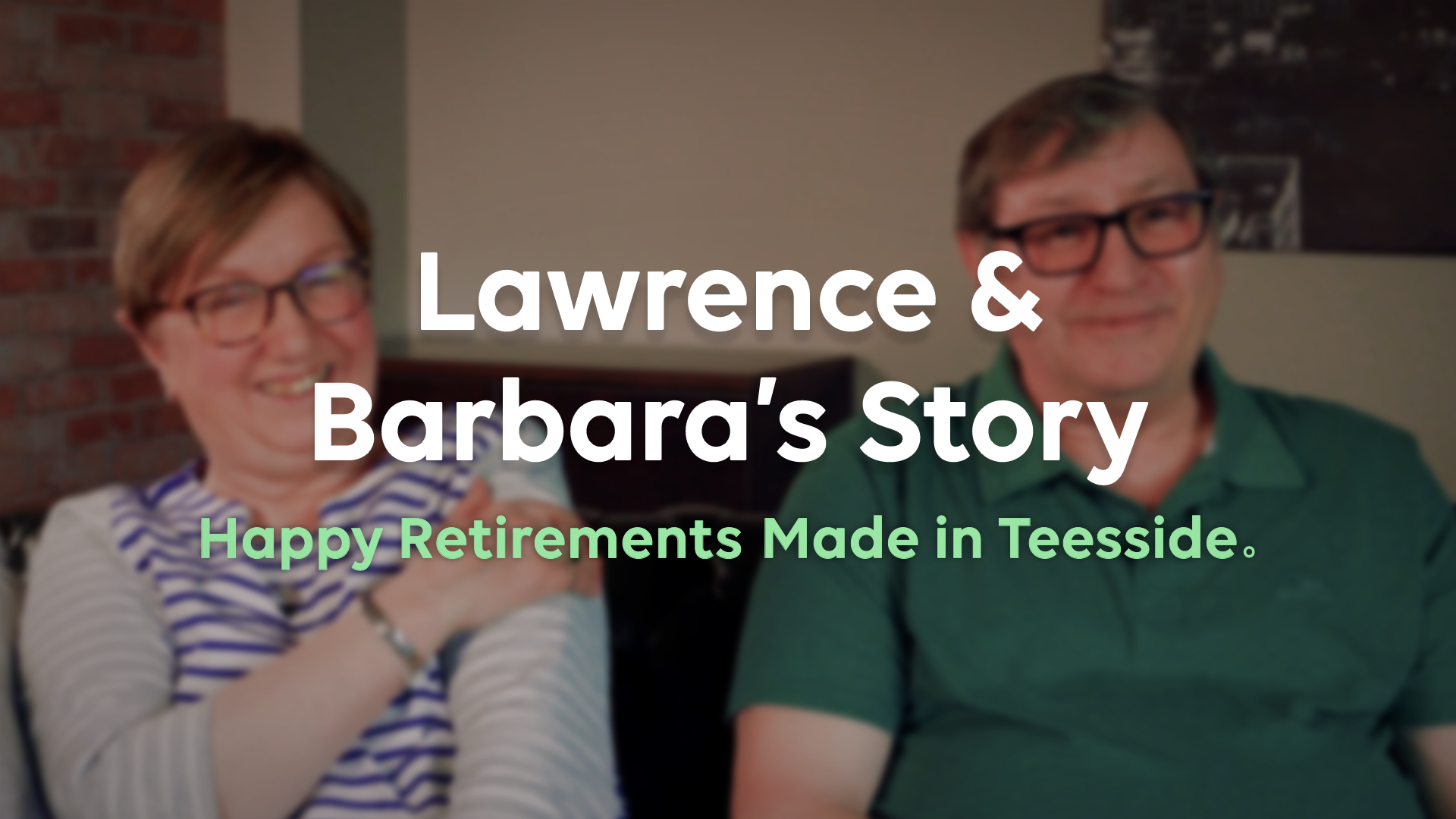Inheritance Tax (IHT) is a tax on the estate (property, money, and possessions) of someone who has passed away. In the UK, the current standard rate is 40%, but there are various ways to reduce this through effective planning.


What is Inheritance Tax?
Key Inheritance Tax Thresholds and Rates
6 Effective Inheritance Tax Planning Strategies
Here’s a few of our top tips to consider:
Make use of annual exemptions

Make use of annual exemptions
Each year, you can give away up to £3,000 worth of gifts without them being added to the value of your estate.
Give money away

Give money away
Gifts given more than 7 years before your death are generally exempt from Inheritance Tax. This is known as the 7-year rule. Regular gifts from your income (that do not affect your standard of living) can also be exempt.
Set up Trusts

Set up Trusts
Placing assets in a Trust such as Property Trusts, Pension Trusts and Savings Trusts can help reduce your estate’s value and control how your assets are distributed. Trusts can be complex though, so it’s important to get professional advice.
Make charitable donations

Make charitable donations
Any amount left to a registered charity is exempt from Inheritance Tax. Additionally, if you leave more than 10% of your estate to charity, the Inheritance Tax Rate on the remaining estate can be reduced to 36%.
Review your Will regularly

Review your Will regularly
Make sure your Will still reflects your current wishes, family circumstances and financial situation. Regular reviews can also help you take advantage of any changes in tax rules or personal circumstances. If you need a hand, our Will Review Services.
Utilise Business Property Relief

Utilise Business Property Relief
If you own a business or certain agricultural assets, you may be eligible for Business Property Relief, which can significantly reduce the value of these assets for Inheritance Tax purposes.

Make use of annual exemptions
Each year, you can give away up to £3,000 worth of gifts without them being added to the value of your estate.

Give money away
Gifts given more than 7 years before your death are generally exempt from Inheritance Tax. This is known as the 7-year rule. Regular gifts from your income (that do not affect your standard of living) can also be exempt.

Set up Trusts
Placing assets in a Trust such as Property Trusts, Pension Trusts and Savings Trusts can help reduce your estate’s value and control how your assets are distributed. Trusts can be complex though, so it’s important to get professional advice.

Make charitable donations
Any amount left to a registered charity is exempt from Inheritance Tax. Additionally, if you leave more than 10% of your estate to charity, the Inheritance Tax Rate on the remaining estate can be reduced to 36%.

Review your Will regularly
Make sure your Will still reflects your current wishes, family circumstances and financial situation. Regular reviews can also help you take advantage of any changes in tax rules or personal circumstances. If you need a hand, our Will Review Services.

Utilise Business Property Relief
If you own a business or certain agricultural assets, you may be eligible for Business Property Relief, which can significantly reduce the value of these assets for Inheritance Tax purposes.
6 Effective Inheritance Tax Planning Strategies
Here’s a few of our top tips to consider:
Make use of annual exemptions
Give money away
Set up Trusts
Make charitable donations
Review your Will regularly
Utilise Business Property Relief
What Inheritance Tax Planning Can Help You Do?
What Our Clients Have to Say About Us
Frequently Asked Questions About Inheritance Tax Planning
What happens if I don’t plan for Inheritance Tax?
Without proper planning, a significant portion of your estate could be lost to Inheritance Tax, leaving less for your beneficiaries. Your estate might also face delays and additional costs during probate.
Can I avoid Inheritance Tax completely?
While it’s challenging to avoid Inheritance Tax entirely, effective planning can significantly reduce the amount payable. Using allowances, exemptions, and strategic gifting can help minimise the tax burden.
When should I start Inheritance Tax Planning?
It’s never too early to start planning to safeguard your estate from the taxman. And the sooner you begin, the more options you’ll have for reducing your estate’s inheritance tax liability and ensuring your wishes are honoured.
Do I need a Financial Adviser?
While you can do some Inheritance Tax Planning on your own, professional advice from firms like us at Joslin Rhodes with a team of qualified Financial Planners can help you navigate complex tax laws and identify the most effective strategies for your situation.





